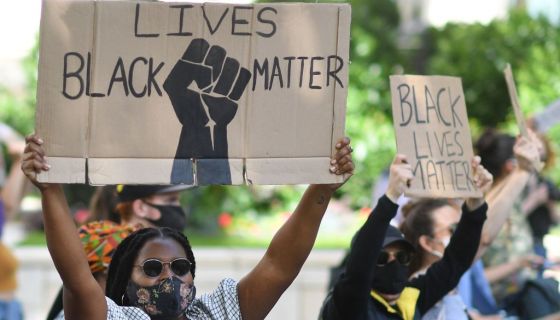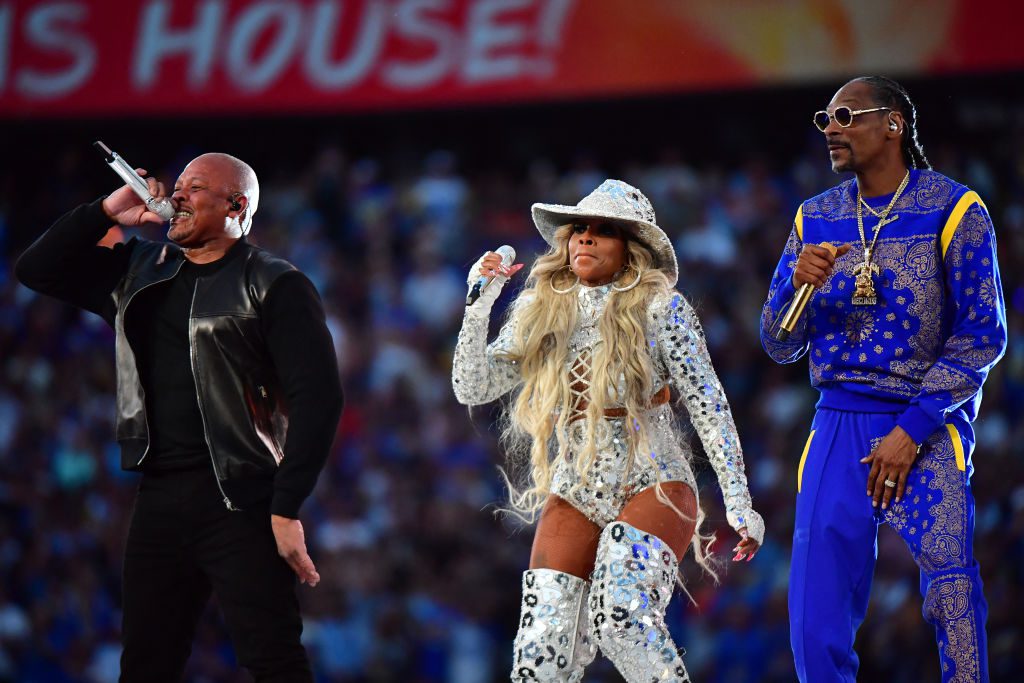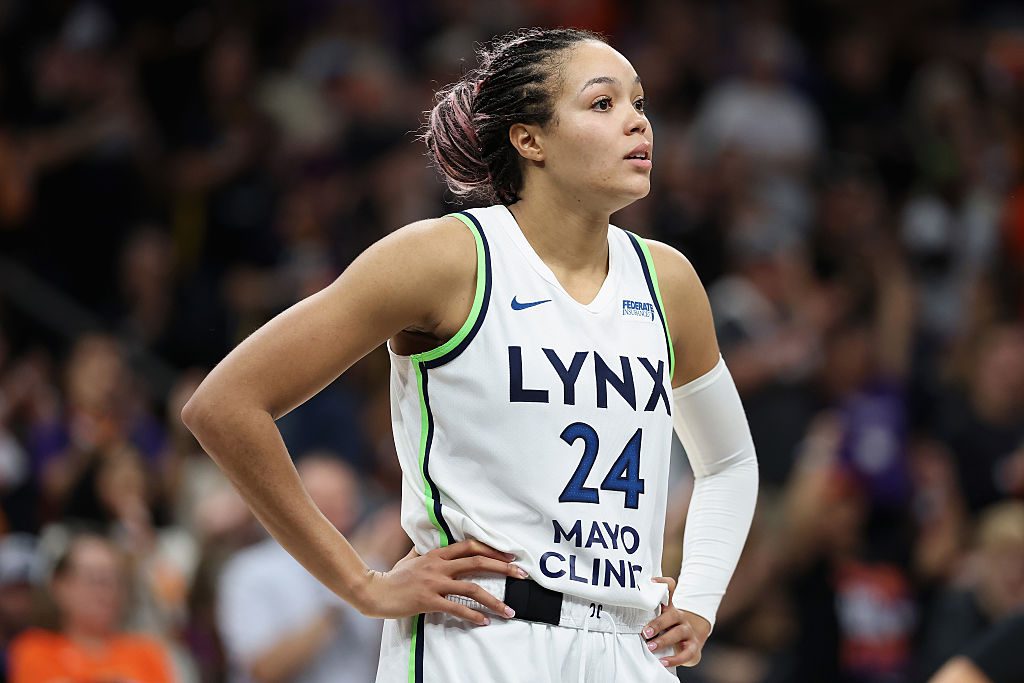
Source: JUSTIN TALLIS / Getty
2020 is turning out to be a historic year, as the Black community continues to protest and demand justice for the countless Black lives lost to racism, police violence, and systemic oppression. As a community, we’ve discussed reparations for what what feels like forever and now it seems we are one step closer to actually receiving them.
Black Girl Magic | Michaela Coel On Why She Turned Down A $1 Million Netflix Deal
This afternoon, several outlets reported that officials in North Carolina are apologizing for the state’s role in slavery and voting to provide reparations for Black residents. Councilman Keith Young said, according to CBS News: “Hundreds of years of black blood spilled that basically fills the cup we drink from today,” adding “It is simply not enough to remove statues. Black people in this country are dealing with issues that are systemic in nature.”
“In Asheville the vote came after the Buncombe County Health Board declared racism a public health crisis and thousands of protesters packed the streets, calling for the Asheville Police Department to be defunded,” the Citizen Times states.
As far as what reparations would look like, the site continues: “In the cases of the cities of Evanston and Asheville reparations are not to be direct payments to individuals. Instead, city leaders say they will be investments in areas with large disparities between Blacks and other residents, such as education, health care, the criminal justice system and home and business ownership.”
ALSO: Meet Dario Calmese, The First Black Photographer To Land A Vanity Fair Cover
Only a handful of cities have even considered reparations, let alone approved them, the Citizen Times goes on to note: “Among the few cities to pass reparations are Chicago and Evanston, Illinois. State governments considering them include Maryland, New York, New Jersey, and Pennsylvania. In some of the biggest news for reparations California’s state House passed legislation in June with the Senate now set to take up the bill. The idea is more than a century old dating back at least to the post-Civil War promise of ’40 acres and a mule’ for freed slaves.”
What do you think reparations should look like for the Black community? Chime in with your thoughts!







